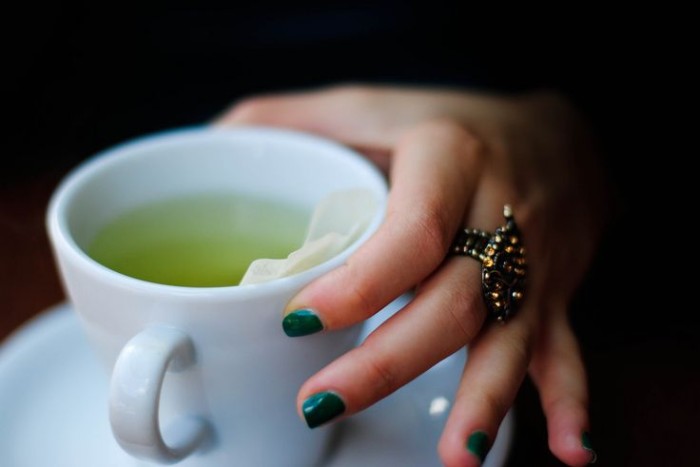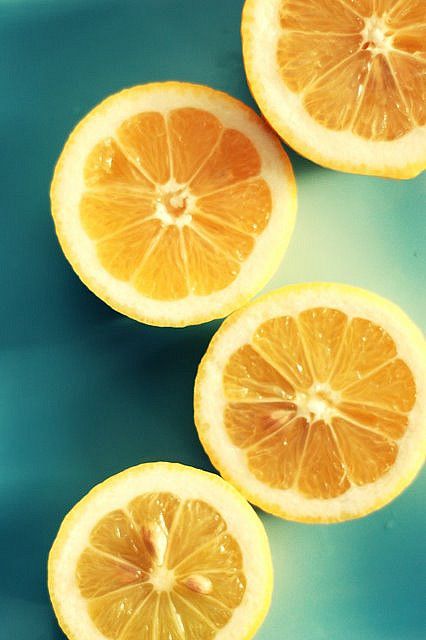Low stomach acid, or Hypochlorhydria, is an often misdiagnosed problem that can have serious consequences. From premature aging to anemia, its symptoms may be eased with a combination of diet and lifestyle adjustments. Hypochlorhydria occurs when the body cannot produce enough hydrochloric acid.
Symptoms of low stomach acid, like heartburn, acid reflux, and irritable bowel syndrome, are often interpreted as symptoms of the opposite problem: an excess of much stomach acid, leaving us reaching for our Tums and other antacids, which can worsen the problem over time.
Maintaining the proper balance of stomach acid is necessary to absorb certain minerals (such as iron, copper, and zinc), vitamin B12, and folic acid. Protein is particularly difficult to digest when there’s a deficiency of hydrochloric acid. Stomach acid is also plays a large role in our immune system by fending off harmful bacteria and parasites in the gut.
How is Low Stomach Acid Caused?
Adrenal fatigue, chronic stress, fatigue, poor diet, bacterial infection, and certain medications can all contribute to lowered stomach acid. A deficiency in zinc may also contribute to hypochlorhydria since zinc is required for HCl production. Aging is also a factor: as we we age, our stomach acid naturally decreases, especially after 40.
Symptoms of low stomach acid:
- Gas and bloating following a meal.
- Acid reflux
- Anemia
- B12 deficiency
- Depression
Secondary symptoms may include:
- Acne
- Brittle nails and hair
- Premature aging
- Weight loss (of the unhealthy variety)
If you suspect you have low stomach acid, please request a stomach acid test at your doctor’s office. Your doctor may have specific recommendations based on your condition, but here are a few general tips you can do at home.
Incorporate apple cider vinegar and/or lemon juice with your meals. Both make excellent salad toppings, and their acids improve digestion.
Take digestive enzymes. Digestive enzymes are taken at the beginning of the meal and can reduce digestive discomfort while improving nutrient absorption. (This article explains digestive enzymes in more detail and offers our picks for vegan digestive supplements.)
Eat smaller meals. On top of making you uncomfortable, overeating can stress the stomach and cause slow digestion, especially if we overeat harder-to-digest macro nutrients like fat and protein.
Incorporate probiotics in your diet. A top-shelf probiotic supplement is a great way to get started. I also recommend topping your salads with homemade raw sauerkraut and enjoying a glass of kombucha when you have a chance. Miso soup is another way to deliciously sneak probiotics into your diet.
Eat foods that your body recognizes. That is, eat whole foods, preferably organic. Processed foods don’t support the bodily functions as well as foods naturally rich in vitamins and minerals.
Try blended meals. Victoria Boutenko, author of Green for Life, explains that raw smoothies and soups can help our bodies return to healthy levels of stomach acid. Because blended meals, are “pre-digested,” (i.e. the chewing is done for us–thank you, Vitamix!), the stomach doesn’t have to work as hard to absorb the nutrients. Improved nutrition=improved digestion over time.
Take a Betaine HCL supplement with your meals. These supplements should be taken only as a temporary fix to digestive issues. As your body adjusts itself to a healthier diet and lifestyle, you can slowly stop taking the HCL tablets. As always, do your research on a supplement before stocking up.
Do these symptoms sound familiar? Or do you have a very healthy digestion?
Related: Could You Have Estrogen Dominance?
Could You Have a Blood Circulation Problem?
5 Ways to Avoid Smartphone Neck and Vision Strain
What Your Nails Say About Your Health
5 Best Tips for Better Digestion
Photos: Martin Fox via Flickr, Jack Fussell via Flickr






